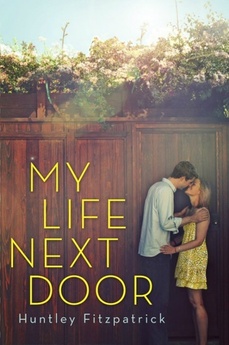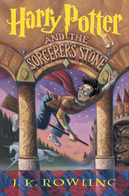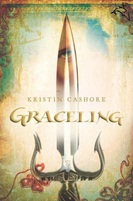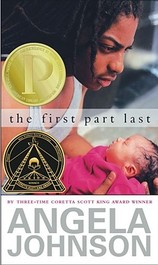
I could blame this need for chocolate on my daughter's insistence that I read from Laura Ingalls Wilder's By The Shores of Silver Lake for bedtime stories tonight. I can't read that second chapter, where Laura's faithful dog, Jack, dies, without tearing up, and this time I choked through three of the pages, never managing to get it back together after the description of how the gray hair has spread from the dog's nose to the rest of its body. But the honest truth is that this craving hits every time I sit down to write. So apart from giving up writing or starting a twelve-step plan for this addiction, what's a writer to do?
- Appreciate gender differences and send zoned-in-on-the-hunt husband grocery shopping, ensuring that the chocolate (and anything else not on the list, including the toilet paper we desperately need) doesn't come home in the first place.
- Take a walk or a shower and let ideas mull, so I've got a starting point. Boot up computer beforehand and don't take anything to write with on the walk (and no using my daughter's bath crayons in the shower), so that I'll get my fingers on those keys as soon as I return.
- Invest in Extra's mint chocolate chip gum - a lot of it. (Does Costco carry this brand? If so, I may need a membership just for that!)
- Always leave my work the day before with a sticky note about where I plan to go next. Preferably detailed.
- Repeat, repeat, repeat.
So it's not twelve steps, but it's something. My name is Katie and it's been three hundred and sixty-two words and twenty minutes since I put the rest of my M&M's down the garbage disposal. Happy writing and I'd love to hear about your own writing distractions and how you deal.










 RSS Feed
RSS Feed